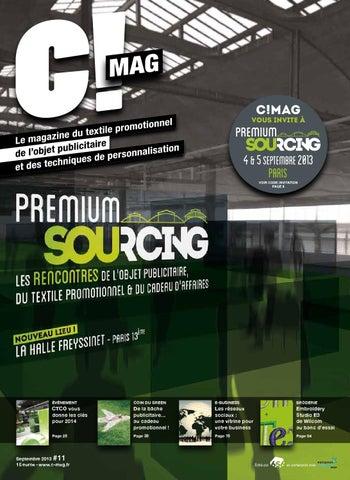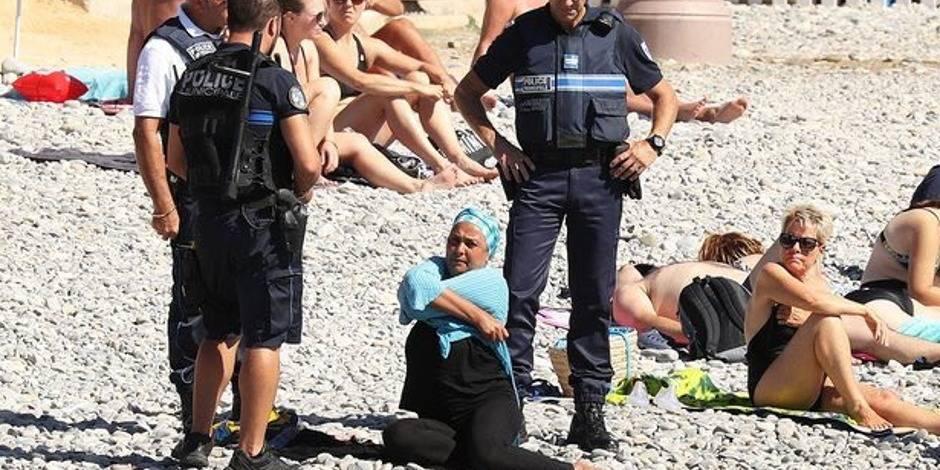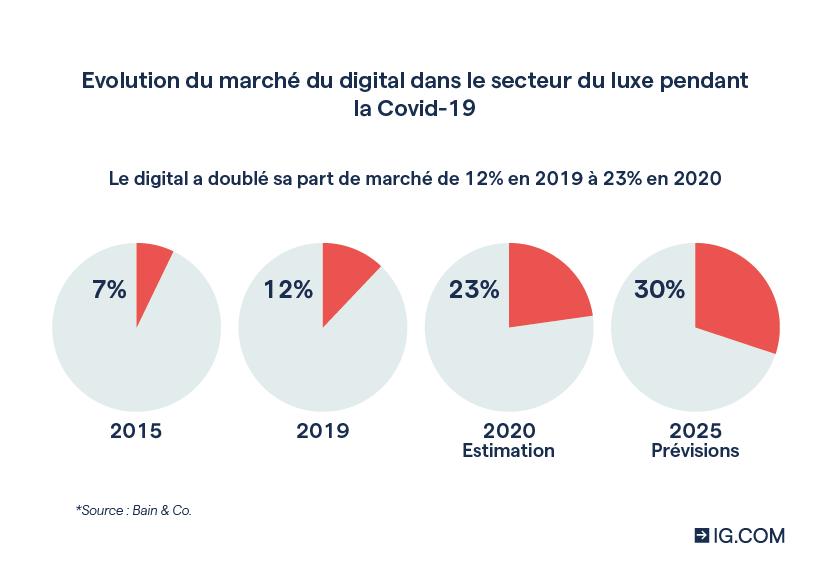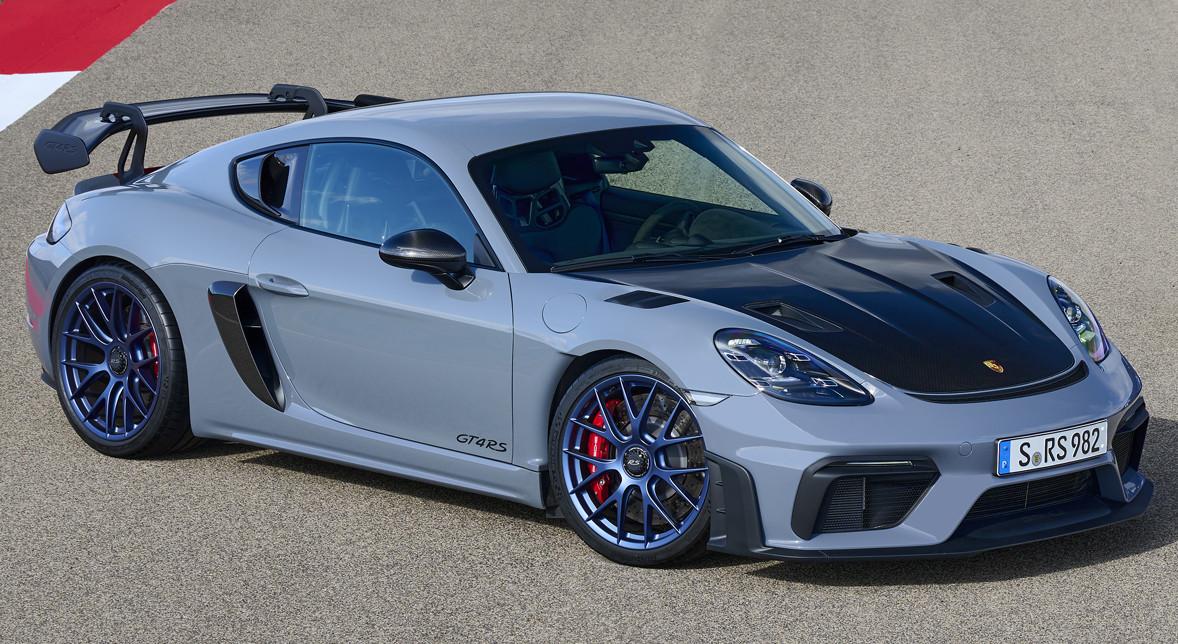Textile niches succeed at French Chargeurs
Riddle: what happens, in a century, from steamships to backs of clothes? The Chargers group. This flagship of French industrial capitalism is one of the world's leading producers of four niche textiles: interlinings used to reinforce the inside of clothing, adhesive films for temporary surface protection, technical substrates used in particular for advertising billboards, and worsted wool for luxury sportswear. This Thursday, it moved closer to its objective of reaching 1 billion euros in turnover by 2022, by buying a specialist in interlining for 66 million dollars, the Chinese PCC Interlining.
When it was created in 1872, Chargeurs' activity was quite different: its steamships ensured links between Le Havre and South America. It then developed into international transport (sea and air), warehousing, customs clearance at ports. A century on the clock, it was bought by the businessman Jérôme Seydoux and took a turn. Finished the maritime and the air, it strengthens in the textile and invests the sector of the communication (cinema, press, television) by acquiring Pathé or Liberation. It will finally be split in two at the end of the 1990s.
Its new life began in 2015. Jérôme Seydoux was then 81 years old, and Chargeurs, now specialized in textiles, was no longer in a logic of development. It was then that the craftsman of a report from the General Inspectorate of Finance which served as the basis for the Macron law laid eyes on this "icon of French and European capitalism". Normalien, enarque and financial inspector, the thirty-year-old Michaël Friborg brings together long-term investors, buys the group and begins a complete redeployment.

Restructuring. Since then, the group has focused on high-margin products, buying and developing highly targeted niche companies. Its turnover, of 499 million euros at the end of 2015, should exceed 600 million in 2018. More than 90% is achieved abroad. Between 2015 and 2017, its operating profit jumped 60% to 43 million euros.
"The group's DNA has been transformed, the cultural change has been considerable in recent years", explains Michaël Fribourg. But the historical strength remains the same: “to be very international, very innovative, very attached to relationships with major clients. We are a winner of increased internationalization, and we are playing that card. Even internationally, our customers know us and remember our history. Moreover, they too, the big families, have changed jobs, ”underlines the inspector of finances converted into an entrepreneur.
Among the six acquisitions made by the latter at the head of Chargeurs, that of PCC is the largest. He bet on the international reputation of his company to convince the Chinese families who were at the head of his new target. When he approached them, they had not yet planned to sell, even though they were advancing in age.
Sophisticated logistics. The takeover of PCC will strengthen Chargeurs' interlinings business. In this branch, the two companies are very complementary. “We are the most technical on the market in terms of expertise, while PCC is the champion in logistics and service,” explains Michaël Fribourg. The Chinese supplier's logistics are "very sophisticated and responsive on a global level, but it has become the sinews of war", insists the CEO, referring to the acceleration of periodicity in fashion with the "fast fashion" revolution. “New players like Amazon and Rakuten are leveraging their global supply chains and even launching their own direct-to-consumer clothing labels.” In addition, PCC is also “very strong in service. When a big brand wants to produce a million dresses, they find them the right interfacing and organize the supply chain so that the interfacing arrives quickly.”
Finally, its conquest will provide Chargeurs with a new clientele and a foothold in Southeast Asia. While the French supply the big luxury brands, PCC works with the big American brands like Gap and Ralph Lauren, who produce their clothes in Asia. Chargeurs thus has access to the mass market, which is growing at more than 5% per year. In addition, "the Sino-American tensions on customs tariffs encourage the migration of production to Southeast Asia", underlines Michaël Fribourg, but PCC is well deployed in India, Sri Lanka, Vietnam, or even in Bangladesh. ... Chargeurs will thus put down its suitcases steeped in history.








